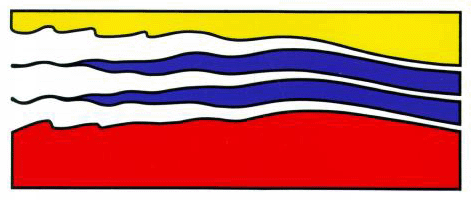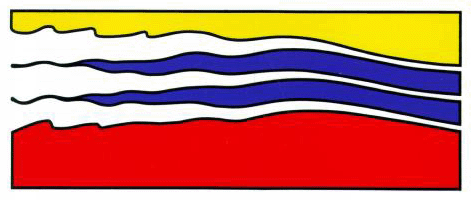
4111 Monarch Way, 3rd Floor
Old Dominion University
Norfolk, VA 23508
757-683-4940


The advent of numerical weather prediction tropical cyclone
(TC) models has demonstrably improved the forecasts of TCs over the last
decades. Wheras TC tracks are determined mostly by their large-scale
atmospheric environment, storm intensity is influenced to a greater
degree by smaller-scale features in both the atmosphere and ocean. The
factors that control the intensity of TCs are still poorly understood,
leading to limited reliability in forecasts of TC intensity evolution.
One of the most critical aspects affecting variability in TC intensity
is air-sea interaction. I will discuss the progress in developing a
physically based coupled atmosphere-wave-ocean framework for the next
generation model tropical cyclone research and operational models as a
route towards skillful prediction of TC intensity and structure.
I will present a new educational website: Hurricanes: Science and Society
(www.hurricanescience.org)
developed as part of an NSF grant and launced in October 2010. The website
contains information tailored for middle school through undergraduate
educators and students, the general public, and the media. This educational
resource has been developed with the guidance and input from a panel of
leading U.S. hurricane researchers and participation of U.S. formal and
informal science educators. Hurricanes: Science and Society can play an
important role in the effort to educate both students and adults about the
science and impacts of hurricanes and the importance of pre-hurricane
planning and mitigation.
Dr. Ginis received a M.S. in Mathematics from Kabardino-Balkarian State University and a Ph.D. in Geophysics from the Institute of Experimental Meteorology. Isaac Ginis' current research interests include structure, variability and dynamics of the coupled atmosphere-ocean system, from small to large space and time scales. He is presently involved in developing coupled tropical cyclone-wave-ocean prediction systems for the Atlantic and Pacific basins to improve the predictive capabilities of the tropical cyclone operational models at the National Weather Service and the Fleet Numerical Meteorology and Oceanography Center. Dr. Ginis teaches graduate courses on numerical methods for atmospheric and oceanic modeling.

|
Innovation Research Park Building I 4111 Monarch Way, 3rd Floor Old Dominion University Norfolk, VA 23508 757-683-4940 |

|